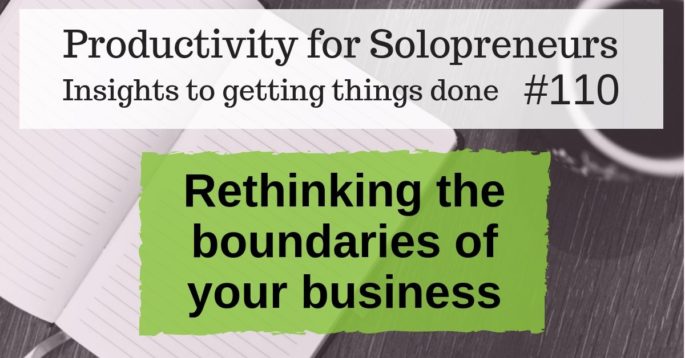I was listening to the Being Boss podcast yesterday and one of the topics they covered was setting boundaries—both personal and business boundaries.
It was a really interesting conversation.
And I like analogies and the one that came to mind for boundaries are the very real boundaries you literally have when you own a home with a yard.
Your property has boundaries.
You are aren’t responsible for the things that are outside the boundaries of your yard—that’s your neighbor’s responsibility.
If your neighbor has a garden that’s gotten a bit unruly, well, that’s their responsibility—you might notice it, but you getting upset about it doesn’t do anything for either of you.
However, you might also notice that a neighbor (or just a yard you’re driving by) has some feature or garden or something that you really like. You might make a note of it to do something similar in your yard.
And occasionally, you have a situation where there’s a neighbors tree that’s at or near the boundary that extends over into your yard – if it’s causing you problems (scraping against your house or garage) or is in danger of falling onto your property, THEN you have a reason to be concerned about it and maybe have a conversation with your neighbor about it.
In business it’s similar—don’t worry about the things other people are doing in their business. Yes, notice what you like and don’t like, but if it’s not affecting you, and you don’t like it, don’t worry about it.
Boundaries do more than tell us what’s outside our realm of responsibility though.
They also tell us what IS our responsibility.
So often we talk about our business boundaries in terms of what is on the outside. The things we don’t or won’t do. The times we’re NOT available.
What if instead, you thought about your boundaries in terms of what’s on the inside, the things you ARE responsible for?
The things you do, the things you include, how you show up, when you are available, or the emails you respond to.
If you’re having problems identifying your boundaries and what you exclude or don’t do, maybe it’s time to focus on what’s inside those boundaries and figure out what’s not later.
If this topic feels like it’s impacting you personally, and you’d like some help, let’s talk! The easiest way to set that up is by applying for coaching by clicking here.

